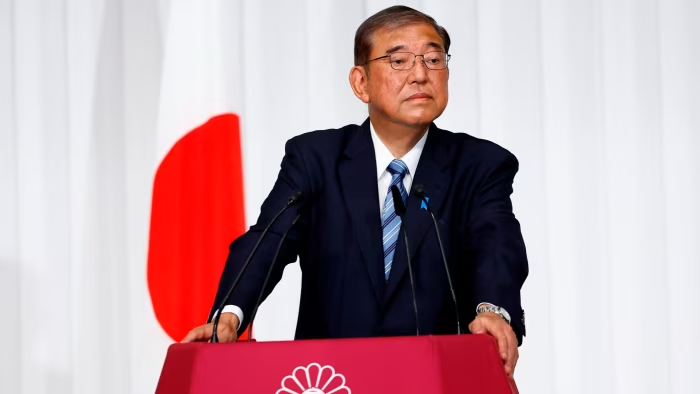Japan is facing political uncertainty as it deals with economic challenges. The ruling Liberal Democratic Party (LDP) has experienced a decline in voter support, making it harder to address the country’s pressing issues. This political instability could cloud economic policy and lead to a “revolving door” of prime ministers.
After recent elections, the LDP did not secure a strong majority in the lower house. This outcome means parties have 30 days to form a coalition government and choose a new prime minister. The exact makeup of this coalition is still unclear, which creates uncertainty for Japan’s economic plans.
Experts believe that a weakened government will struggle to tackle challenges like an aging population, deflation, and slow economic growth. William Pesek, author of “Japanization: What the World Can Learn from Japan’s Lost Decades,” suggests that forming a coalition might lead to a less effective government.
Damian Thong, head of Japan equity research at Macquarie Capital, notes that maintaining policy continuity will be important. He expects common-ground policies like investment in renewable energy, regional development, and social spending to continue. However, significant changes in defense policy or major initiatives may face obstacles.
The potential for frequent leadership changes raises concerns. Before Shinzo Abe’s long tenure as prime minister, Japan saw many leaders serve for short periods. This “revolving door” can hinder consistent economic policy and long-term planning.
Analysts also point out that global factors, such as international relations and economic trends, add to the challenges. Stable leadership is crucial for Japan to navigate these issues effectively.
In conclusion, Japan’s political instability could affect its economic policies and efforts to address key challenges. The formation of a stable government and consistent leadership will be essential for the country’s future growth and stability.





